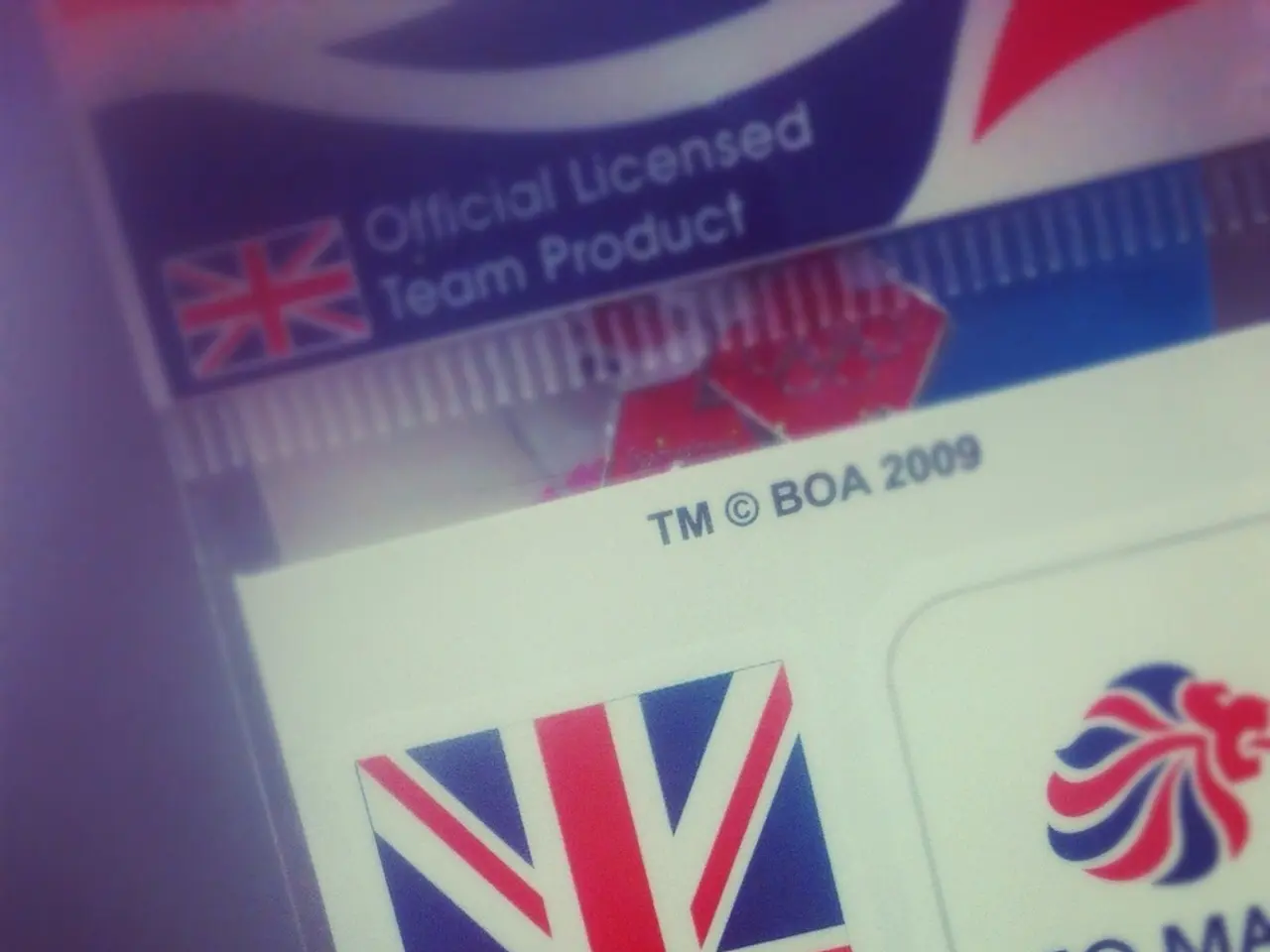Confidence Assessment Query for Chief Information Security Officers, as outlined by Kevin Mandia
In a keynote address at the Mandiant Worldwide Information Security Exchange conference in Denver, Kevin Mandia, the strategic security advisor at Google Cloud and former CEO of Mandiant, underscored the crucial role of Chief Information Security Officers (CISOs) in defending against the constant onslaught of cyberthreats.
Mandia emphasised that a CISO without a security mindset may not lead to a great security program. He proposed a series of five questions to test an executive's confidence in a CISO's abilities, focusing on key areas such as risk management, threat awareness, incident response, communication, and leadership alignment.
These questions, often too imposing for most organizations to get bogged down in low-impact exercises, are designed to assess a CISO's readiness and effectiveness. They include:
1. How would you break into us? 2. What is our weak spot? 3. What is our worst-case scenario? 4. What would you do if the worst-case scenario occurred? 5. How resilient are we? How long would it take to recover our systems and applications? What do you need?
Mandia does not emphasise the specific answers to these questions, but rather the fact that the CISO has a response. He advises CEOs to focus on their CISO's response to these questions as a measure of their demeanour.
In the cyber domain, attackers often have unlimited penalty kicks against organisations, according to Mandia. He likened the cyber domain to a game of soccer, stating that there's very little deterrence and that all parties are just playing goalie. Organisations often encounter cyberthreats in an asymmetric landscape, making it difficult for executives and boards to focus on their CISO's management skills or technical acumen.
Private organisations typically don't have the means to invest in offensive capabilities in the cyber domain. Mandia, in his current role, continues to emphasise the importance of a CISO having a response to these questions as a sign of a security mindset.
In conclusion, Mandia's CISO confidence test provides a valuable framework for executives to assess their CISO's readiness and ability to excel in their role. By focusing on the CISO's response to these critical questions, executives can gauge their CISO's security mindset and ensure that their organisation is well-prepared to face the ever-evolving cyber threat landscape.
In the context of cybersecurity and technology, Mandia suggests that the answers to his CISO confidence test can reveal a CISO's security mindset, which is crucial for a great security program. This test, focused on areas like risk management, threat awareness, incident response, communication, and leadership alignment, can aid executive education-and-self-development in career-development decisions regarding their CISOs.




